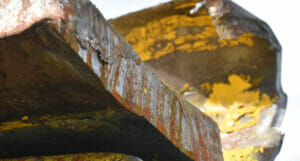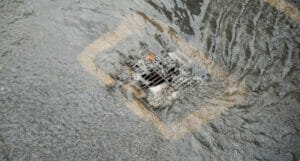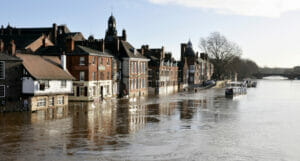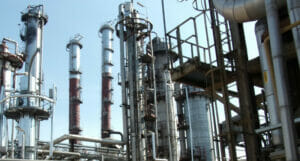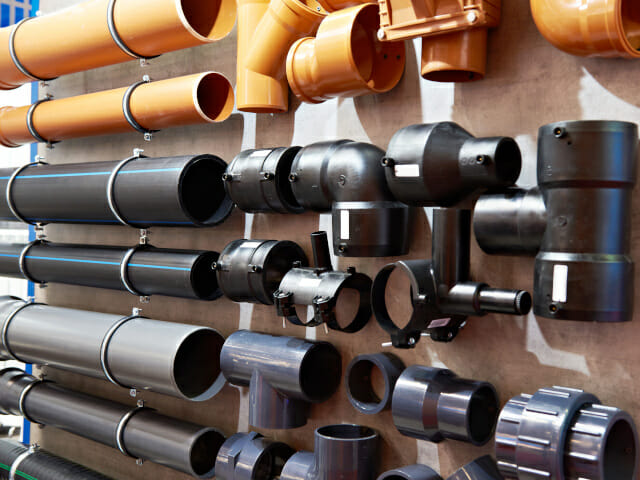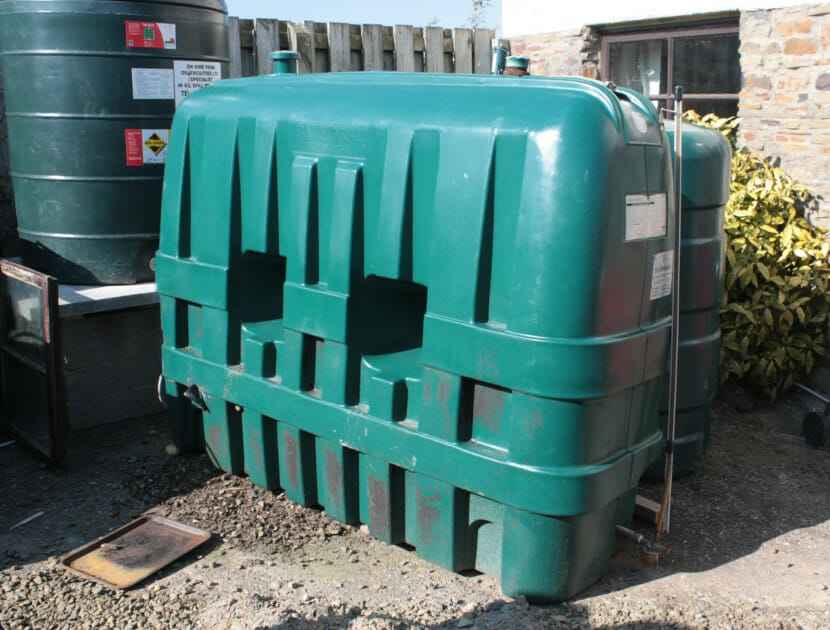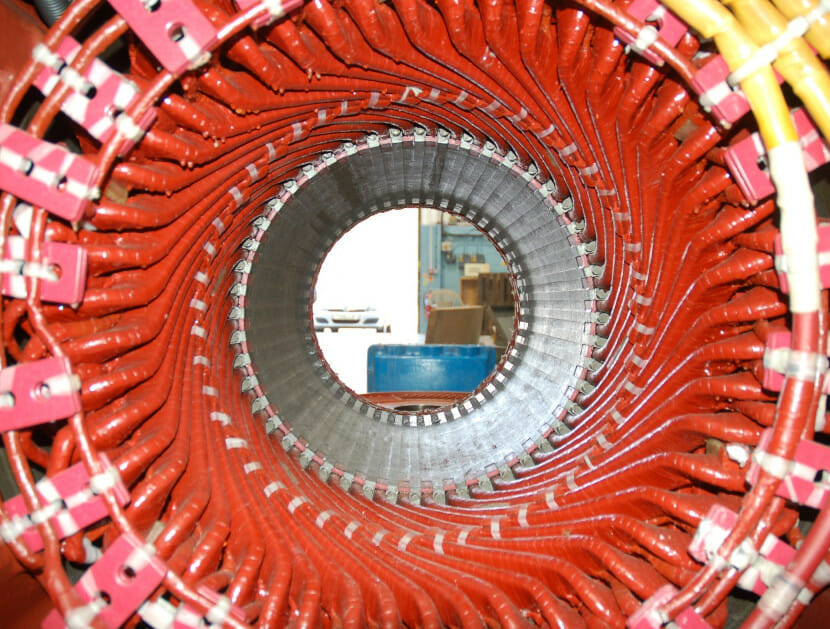Escapes of Water, Oil & Gas
The frequency of escape of water, oil and gas cases is increasing, along with the average cost of reinstating the resulting damage. With pipework routed through the fabric of our homes, businesses and infrastructure, small leaks can quickly become big problems.
If you are dealing with a leak and want to know what has caused it and how to prevent the same thing happening again in the future, you need a forensic investigator. Hawkins can provide an expert who is familiar with all aspects of a case and can offer clarity and answers to your questions.
WHY APPOINT A FORENSIC INVESTIGATOR?
We have the technical knowledge and experience to tell you why an escape of water, oil or gas occurred, not just what caused it.
- We have an in-depth knowledge of the regulations and guidance that should be followed by competent installers during installation work (such as The Building Regulations, WRAS guidance, or OFTEC guidance).
- We review working practices and installations to identify areas at high risk of a fault.
- We offer guidance and/or help you define and develop good working procedures and practices to reduce the risk of incidents occurring.
- We provide you with the answers you need to determine why an incident occurred and so assist in repudiation / cover decisions and fraud identification.
- Our experts are knowledgeable in a wide range of areas and can investigate all aspects of an escape of fluid case, meaning that you will probably only need to instruct one expert, rather than several.
- We have laboratories and equipment designed specifically to investigate escapes of fluid.
- We will help you to determine if an incident could have been avoided.
- We support subrogation/recovery efforts.
- We help you to make decisions regarding where legal responsibilities/liabilities lie.
- We help you to defend wrongful claims.
- We produce reports suitable for Court and litigation.
- We provide consultancy advice to prevent similar events happening again in the future.
- If removing a risk entirely is unavoidable, we advise on steps to take to mitigate the risk and reduce the potential damage resulting from an incident.
- We advise on servicing, maintenance and repair regimes.
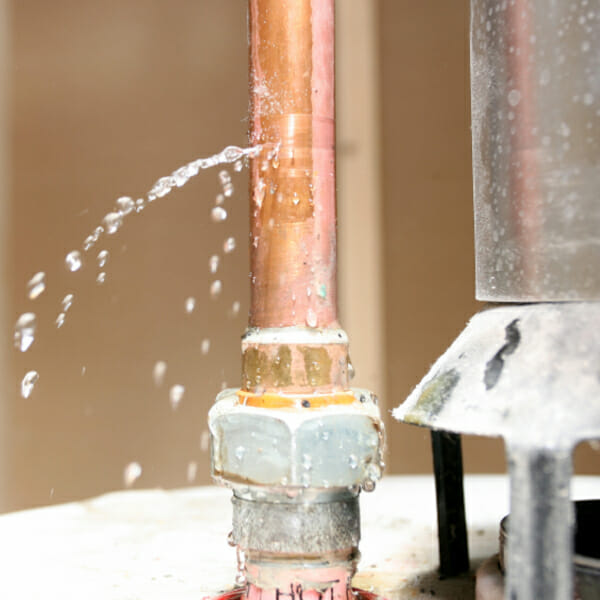
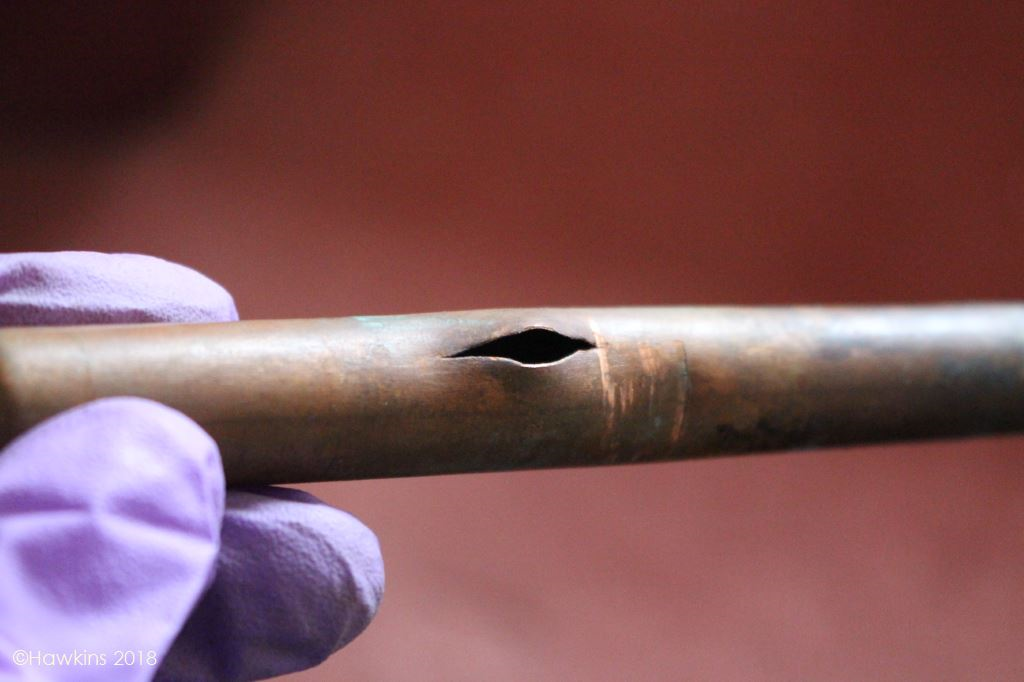

Examples of Typical cases
If you would like to know if we can help, please fill out our enquiry form or give us a call for a free consultation. The list below provides a few examples of cases which we investigate regularly or have investigated in the past.
- Separated joints
- Faulty or broken fittings and parts.
- Material failures.
- Poor system design or system installation leading to equipment failure.
- Pressure problems, such as too high or too low pressure or ‘water hammer’ issues.
- Corrosion – caused by poor installation, poor servicing, or both.
- Frost damage and frozen pipes.
- Sewage or foul water drainage problems.
- Fraudulent or deliberately staged water leaks.
- Determining if water damage is caused by a leaking water installation (e.g. Pipework) or building defects, for example poor damp proofing in a basement.
HOW DOES HAWKINS INVESTIGATE WATER, GAS AND OTHER FLUID LOSSES?
1
Consultation
We like to speak to you before we conduct any work, to establish how we can add value to the case. These discussions help us to understand your requirements, as well as determining how much information is already available, including for example, service records, first-hand witness accounts, photographs, and videos. We are also happy to provide you with an estimate of the cost of conducting a forensic investigation.
2
Inspection
If required and with your agreement, we will arrange to visit the scene to inspect the system. Wherever possible, we will retain faulty parts for examination in our laboratory, where we use a range of equipment, tools, and tests to determine the cause of the escape of fluid. This could include microscope examinations, recreating an installation in a controlled environment, or testing exemplar joints and fittings to destruction at high pressures.
3
Conclusion
Once our examination is complete, we will discuss our findings with you and prepare a report containing a detailed account of our investigation, conclusions, and where appropriate, further work or advice.
Case Study
Just a frozen pipe…
Hawkins was asked to investigate, and the water leak was traced to a burst copper pipe in the loft. This might have been considered a standard incident resulting from an extreme weather event. However, the homeowner was certain that the heating had been left operational and there had not been any changes to the plumbing work for several years, nor any problems with burst pipes in the past. Whilst this information alone did not rule out a typical frozen pipe case caused by extreme weather; it did raise additional questions.
Instead of writing the case off as caused by ‘just’ a frozen pipe, Hawkins carried out a full site inspection and discovered that the boiler would cut out intermittently, leaving the house without any heating.
The boiler had been serviced 6 months before the incident occurred, initially suggesting a possible third-party fault by the servicing company. However, further research and investigative work by Hawkins found that the boiler fault was the result of a manufacturer known issue with the wireless thermostat and controller, which prevented the boiler from firing when required. The servicing company would not have been aware of this issue (and could not have necessarily prevented it), as the manufacturer had not publicised the problem.
With the help of a full technical report outlining the cause of the boiler fault and whether the fault would have been obvious to a boiler service technician (which it would not have been), the client was able to make a full recovery from the manufacturer of the control system in relation to the loss.

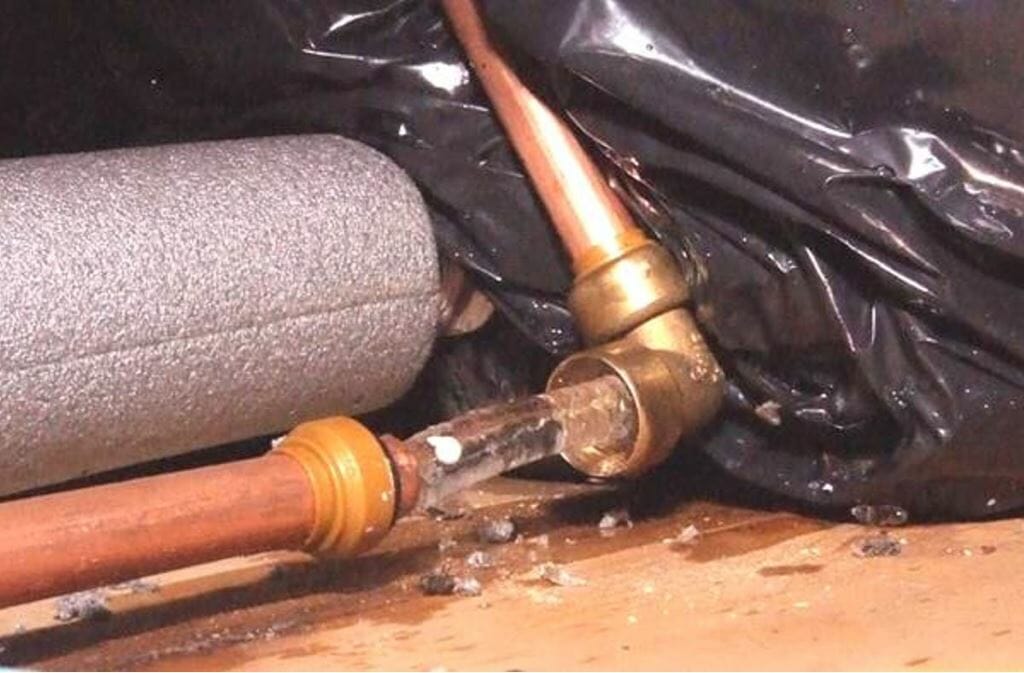
SPEAK TO ONE OF OUR EXPERTS
Testimonial
“Thank you for your superb effort in this case.”
Rhys Phillips
“Many thanks for turning out today at such short notice and providing the benefit of your expertise and knowledge. It was evident the Client was extremely relieved that this matter was being investigated expeditiously.”
Chaz Winterton
“I just wanted to say thank you for all your help and the information you found was of real insight. Thank you again for all your help.”
Stewart Hargreaves
“I just wanted to say thank you for all of your hard work preparing the Hawkins report. Please pass on my thanks to the rest of the team. We really appreciate the hours you have all put in and I know the client is pleased with your work.”
Philippa Jones
Download our latest Brochure
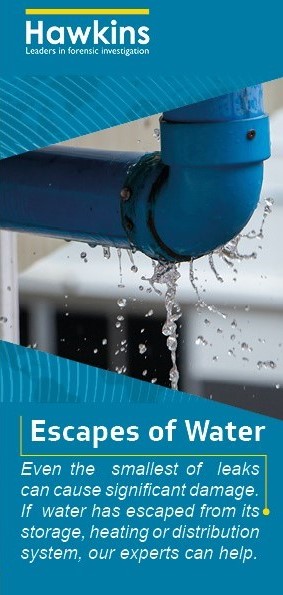
Related areas of expertise
Metallurgy
Losses involving metallurgical failures occur in a wide range of industrial and domestic environments and can lead to high value claims or even loss of life.
Drains, Sewers & Septic Tanks
Few of us like to think too much about how wastewater or surface water run-off from their home, workplace or business gets to a place of treatment and/or safe disposal to the environment. But, when the infrastructure that either transports or treats this water fails, the resultant problems can be unpleasant, costly to rectify and damaging to the environment.
Flooding & Hydrology
Flooding is the most significant disaster risk in the UK. Flooding is estimated to cost the economy about £1 billion per year. More frequent, more intense storms resulting from climate change, and inappropriate developments in floodplains will put more people and property at risk in the future and will increase the impact of flooding. It is projected that the annual cost of flooding could be up to four times higher by the end of the century.
Chemical & Process Engineering
Chemical Engineering and Process Engineering are essentially interchangeable terms, whether it is engineering chemistry to make a desired product on the industrial scale for example a pharmaceutical drug or a beer or simply process materials for some beneficial purpose for example in water treatment or renewable power generation.


